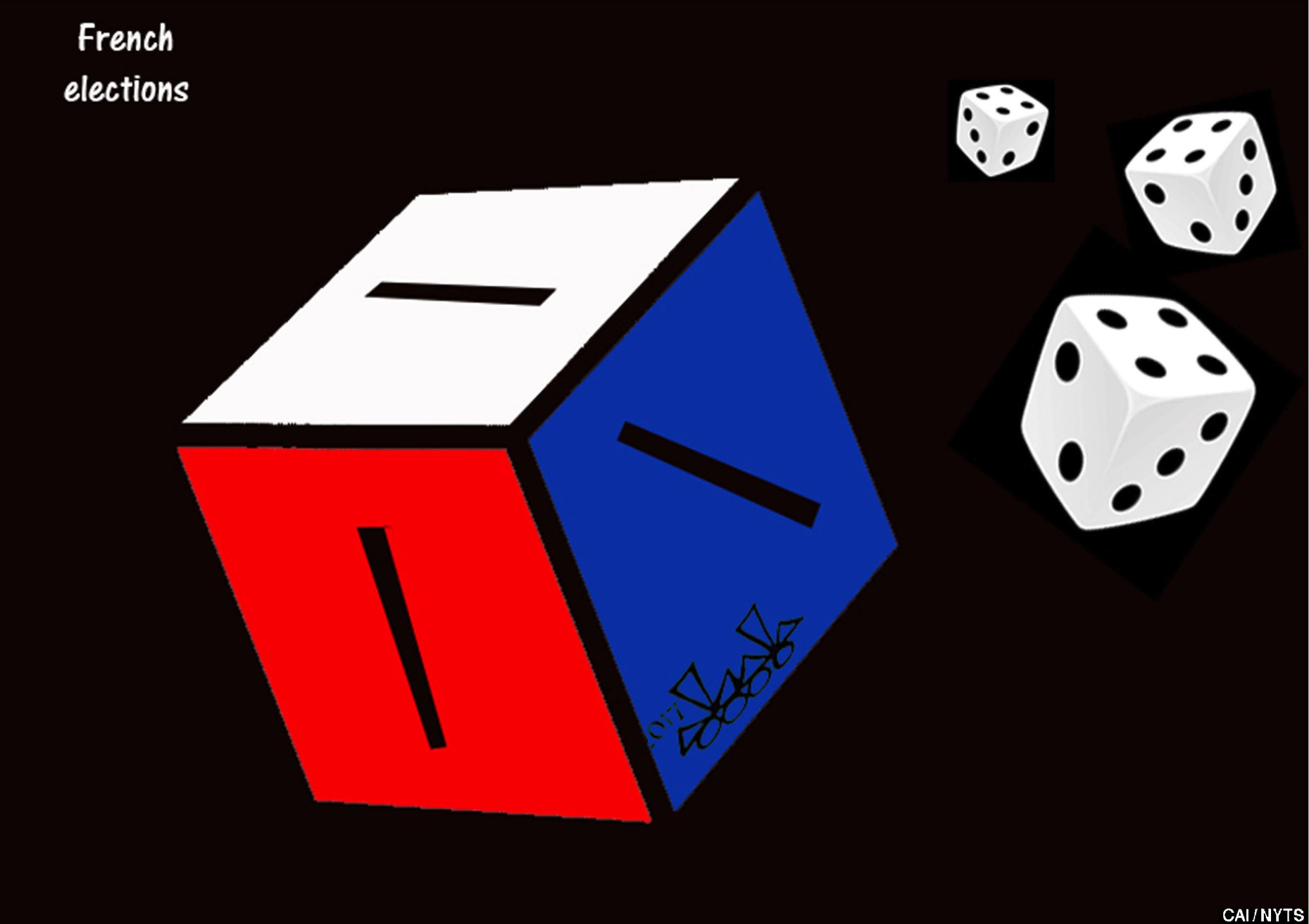The liberal West heaved a collective sigh of relief when the results of the first round of the French presidential election came in. After leading in the polls for weeks, Marine Le Pen of the far-right National Front ended up in second place, while Emmanuel Macron, a centrist political independent, finished first. Macron, the fresh face of Europe's democratic center at just 39 years old, is expected to prevail handily in the second-round runoff on May 7.
With Macron's victory in France following Dutch voters' rejection of the right-wing populist Geert Wilders earlier this year, most observers are treating the result as another rebuke to the populist revolt that fueled the United Kingdom's Brexit referendum and U.S. President Donald Trump's election in 2016. Many seem convinced that the populist tide has crested.
And yet, below the headlines, the picture is not so bright — or anti-populist. The total number of votes that went to anti-establishment candidates in the French election indicates that a latent French populist coalition could still emerge. In fact, the overall first-round vote for populists comprised almost a majority of the French electorate.

















With your current subscription plan you can comment on stories. However, before writing your first comment, please create a display name in the Profile section of your subscriber account page.